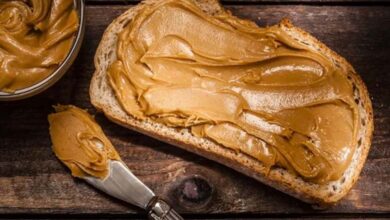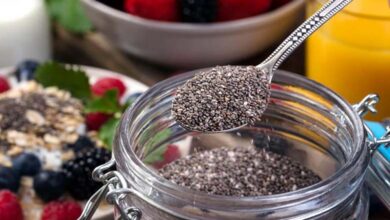How to Preserve Your Memory as You Age

As we grow older, it’s natural to experience changes in our cognitive abilities, particularly memory. However, memory loss is not an inevitable part of aging. On the contrary, a growing body of research shows that by adopting healthy lifestyle habits, it is entirely possible to maintain a sharp and active mind well into later years.
-
The Man Who Lives with Only 10% of His Brain… A Mystery That Puzzles Scientists
-
How Reducing Phone Use Affects Brain Activity
One of the most important ways to support memory is through regular mental stimulation. Just like muscles, the brain needs consistent exercise to stay strong. Engaging in activities such as reading, writing, learning a new language, or solving puzzles helps strengthen neural connections. Even simple daily habits like crosswords, card games, or memory challenges can have lasting cognitive benefits.
Diet also plays a vital role in brain health. A nutrient-rich eating plan that includes antioxidants, omega-3 fatty acids, and essential vitamins—especially B-complex vitamins—supports memory and mental clarity. The Mediterranean diet, which emphasizes fruits, vegetables, whole grains, fish, olive oil, and nuts, is particularly beneficial for protecting cognitive function.
-
Study: Abdominal Fat May Boost Brain Health
-
Study: Oral Bacteria Protect Against Cognitive Decline in the Brain
Physical activity is another cornerstone of healthy brain aging. Regular movement improves blood circulation, which helps deliver oxygen and nutrients to the brain. Whether it’s walking, swimming, cycling, or practicing yoga, incorporating at least 30 minutes of moderate exercise most days of the week can significantly boost memory and mental performance.
Quality sleep is equally essential. During deep sleep, the brain processes and consolidates new information, helping transform it into long-term memory. Maintaining a consistent sleep schedule and getting between seven and nine hours of rest per night helps optimize brain performance and focus.
Social connection also plays a surprisingly powerful role. Engaging in conversations, maintaining friendships, and participating in group activities stimulates cognitive processes and promotes emotional well-being. Staying socially active reduces the risk of memory decline and supports a healthy, resilient mind.
Effectively managing stress is critical, too. Chronic stress can elevate levels of cortisol—a hormone that negatively affects the hippocampus, the part of the brain responsible for memory. Incorporating stress-reduction techniques such as mindfulness, meditation, deep breathing, or even spending time in nature can help preserve cognitive function.
-
Boosts Brain Health.. 7 Health Benefits That Will Make You Want to Eat Spinach
-
The Best Foods for a Baby’s Brain Development During Pregnancy
Finally, it’s important to pay attention to overall health. Conditions such as high blood pressure, diabetes, and elevated cholesterol can impact brain health over time. Routine checkups, staying hydrated, and avoiding harmful substances like tobacco or excessive alcohol are key preventive measures.
Maintaining memory as we age isn’t about finding a magic cure—it’s about building daily habits that support brain health. It’s never too late to start making positive changes. With the right approach, we can age with clarity, independence, and a strong, capable mind.
-
Beware… “Overthinking” Harms the Brain with “Severe Consequences”
-
Study: “Poverty” Accelerates Brain Aging












